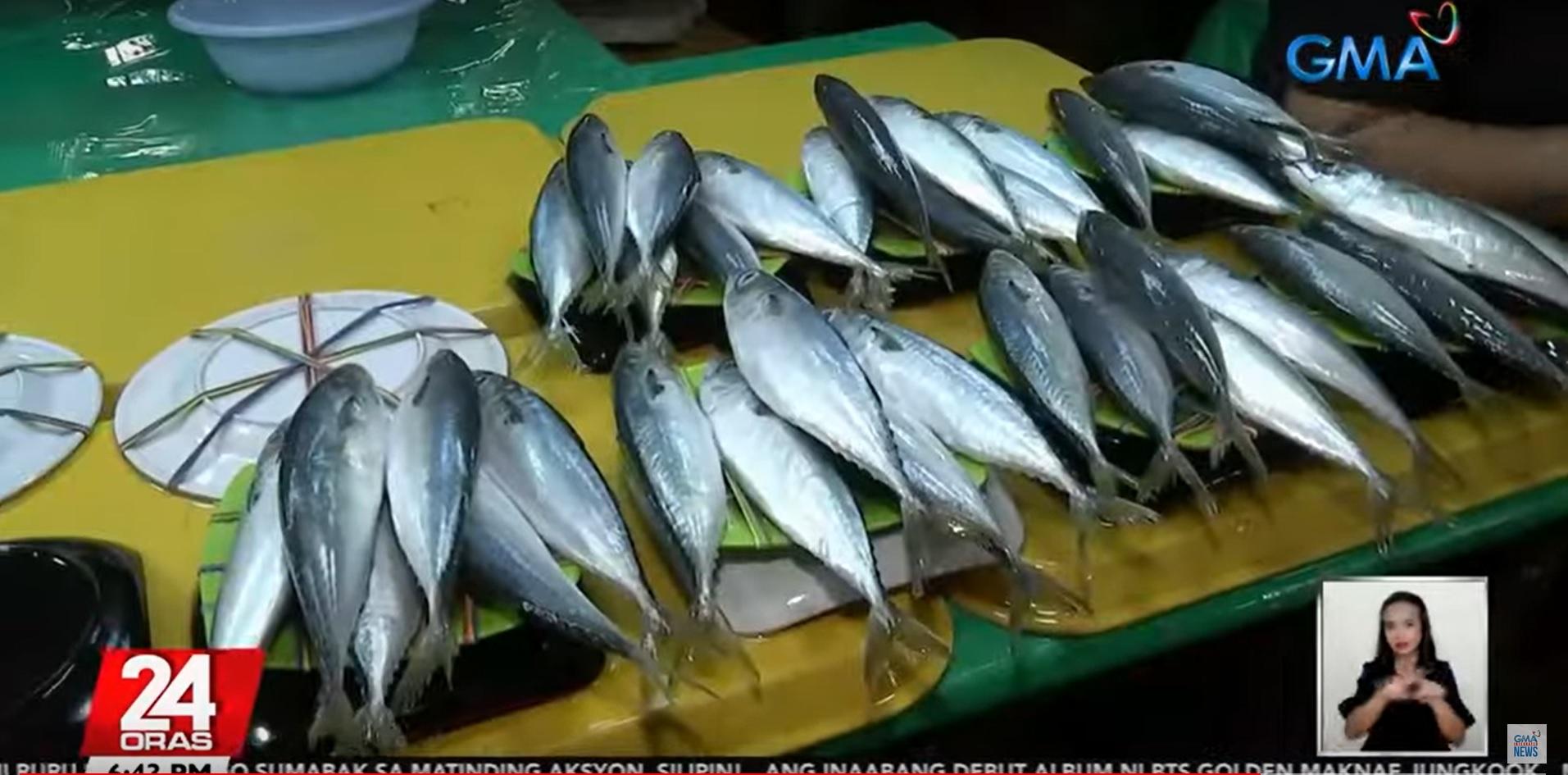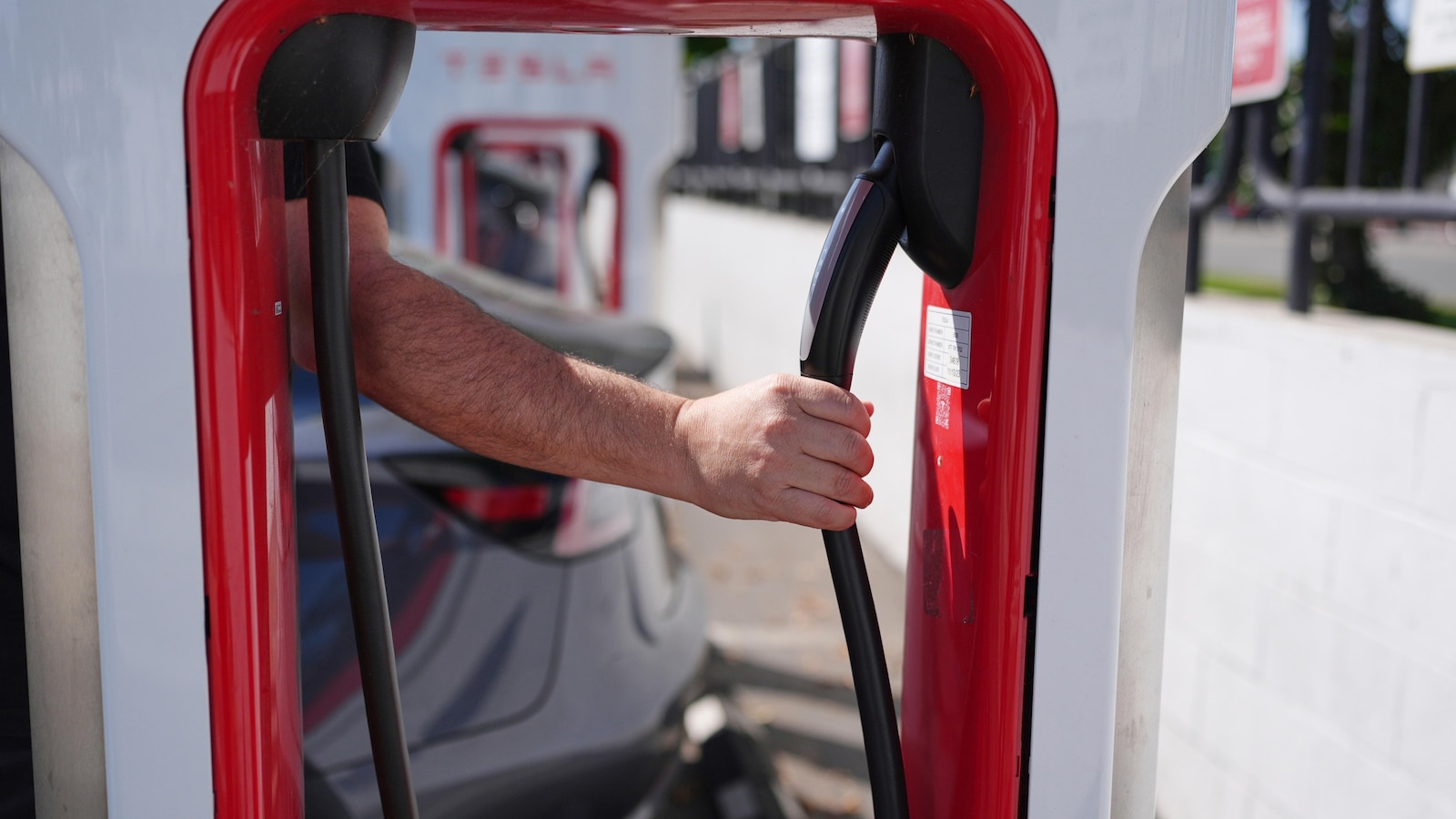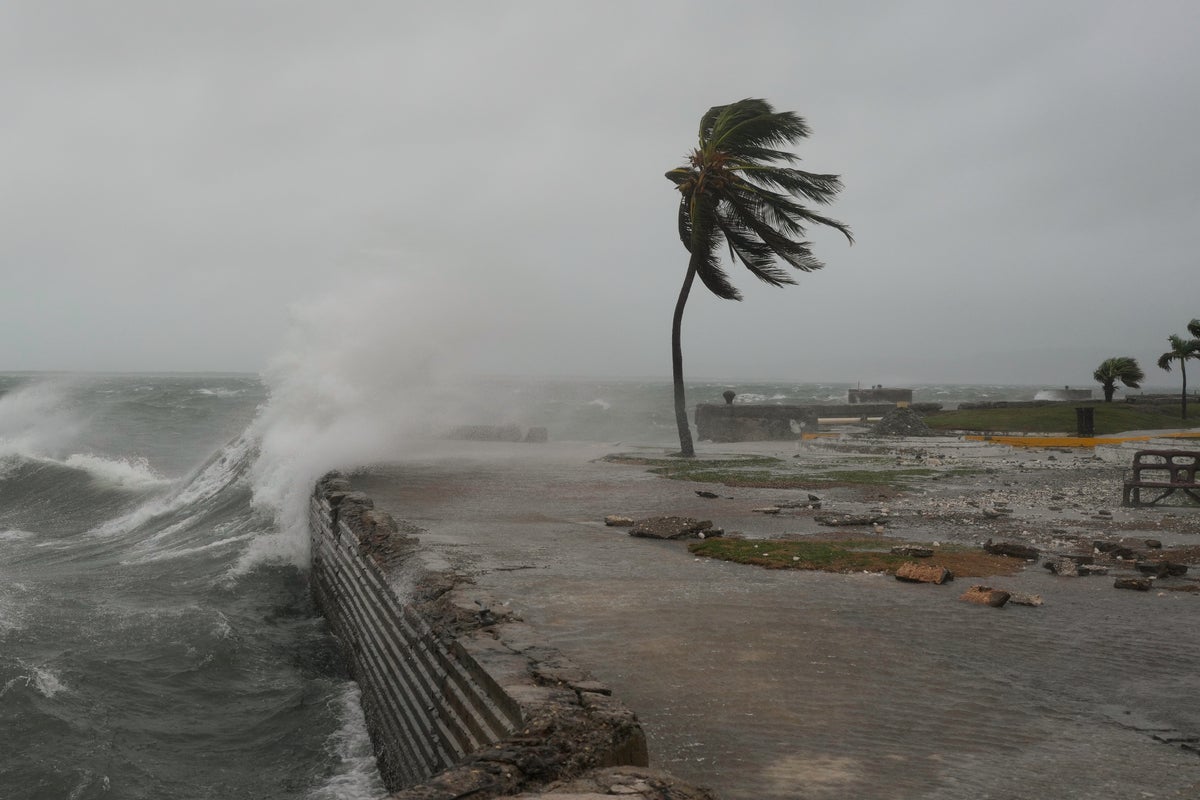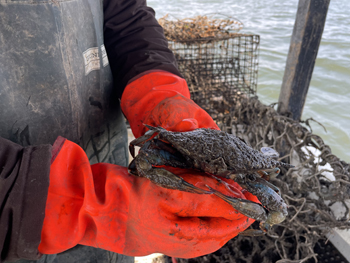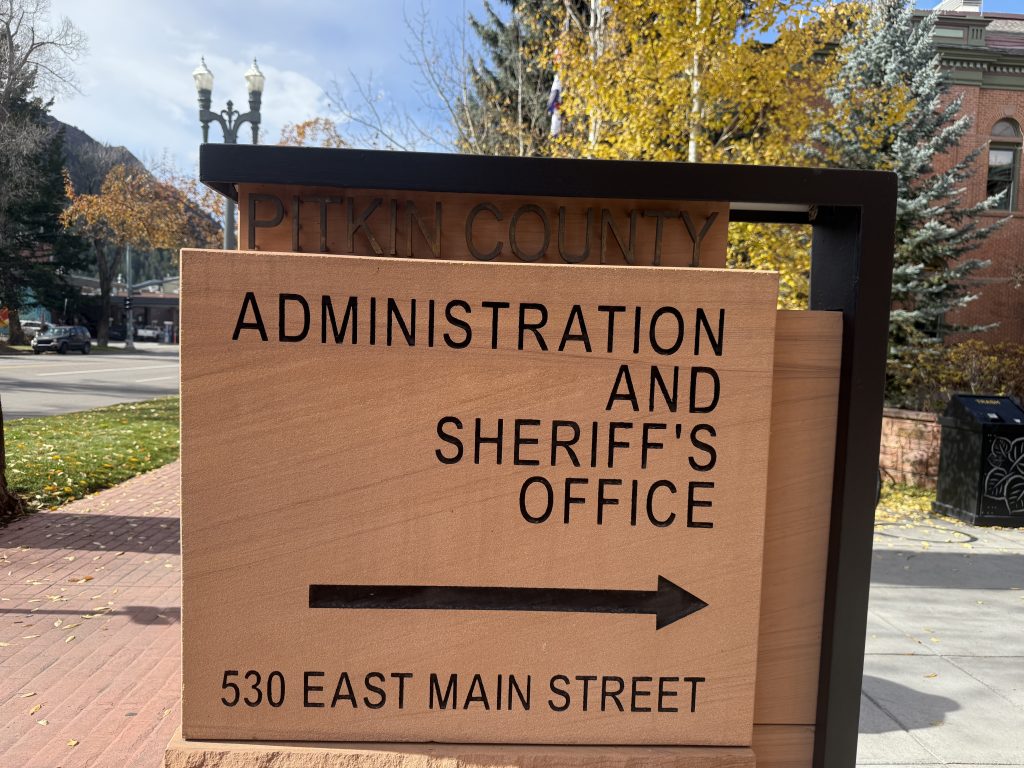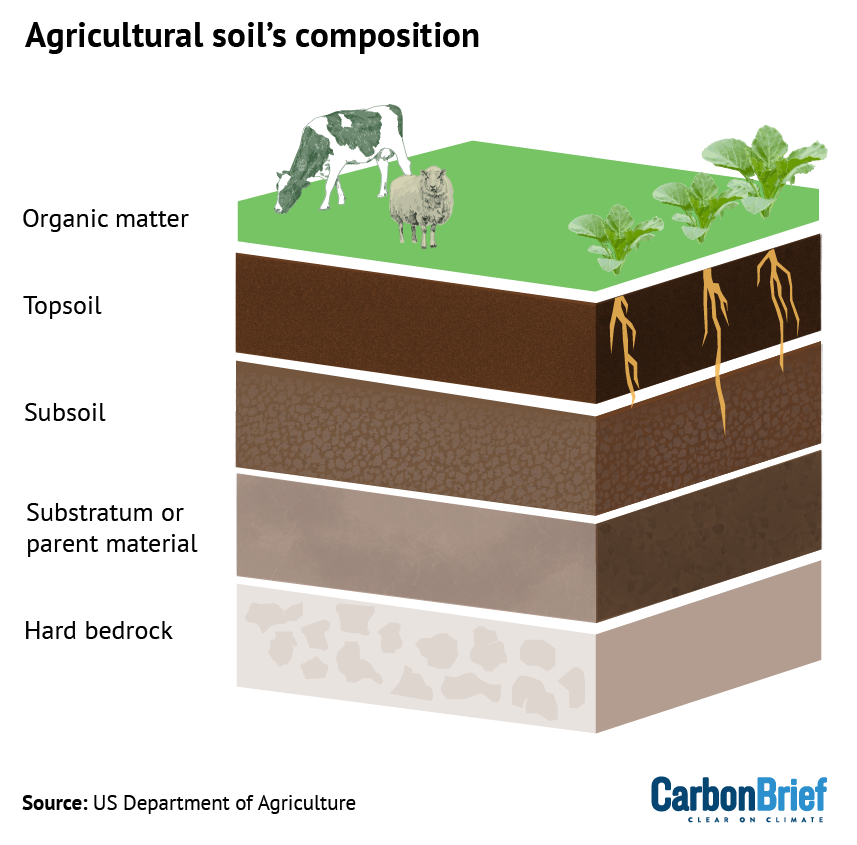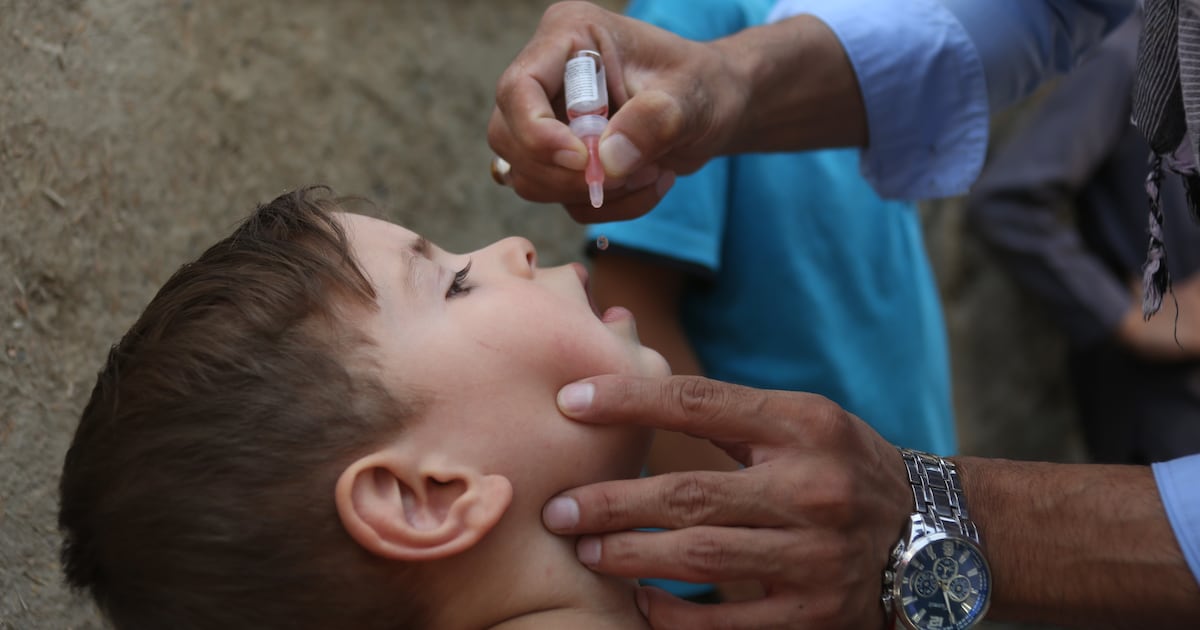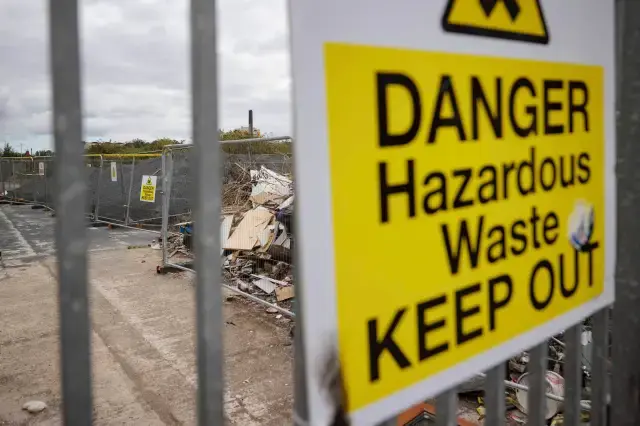Nashville company pleads guilty to dumping untreated waste into sewer – The Tennessean
Report on Allwaste Onsite Environmental Violations in the Context of Sustainable Development Goals
Case Summary
- Corporation: Allwaste Onsite, a Tennessee company operating as Onsite Environmental.
- Violation: Admitted to criminal violations of the Clean Water Act by discharging untreated and partially treated industrial wastewater into the Nashville municipal sewer system.
- Impact: The actions directly undermined local and global efforts to achieve environmental sustainability and protect public infrastructure.
- Resolution: The company pleaded guilty and faces significant financial penalties and a probationary period with mandated operational oversight.
Analysis of Violations Against Key Sustainable Development Goals
SDG 6: Clean Water and Sanitation
The actions of Onsite Environmental represent a severe breach of SDG 6, which seeks to ensure the availability and sustainable management of water and sanitation for all. Specifically, the company’s conduct directly contravenes Target 6.3: “By 2030, improve water quality by reducing pollution, eliminating dumping and minimizing release of hazardous chemicals and materials.”
- During two separate periods, from December 5-22, 2022, and January 4-17, 2023, the company knowingly bypassed its legal requirement to treat industrial wastes.
- By discharging untreated pollutants into the public sewer, the company contaminated the local water system, posing a risk to downstream water quality and aquatic ecosystems.
SDG 12: Responsible Consumption and Production
This case highlights a failure to adhere to the principles of SDG 12, particularly Target 12.4, which calls for the “environmentally sound management of chemicals and all wastes throughout their life cycle.” Onsite Environmental, a facility specifically tasked with treating industrial waste, failed its core operational and ethical mandate. This failure represents a breakdown in responsible production patterns, where corporate practice prioritized convenience or cost-saving over environmental stewardship.
SDG 11: Sustainable Cities and Communities
The illegal discharge had direct implications for SDG 11, which aims to make cities and human settlements inclusive, safe, resilient, and sustainable. The integrity of municipal infrastructure, such as sewer systems, is critical to a city’s sustainability. By introducing untreated industrial waste, Onsite Environmental burdened Nashville’s public works and compromised efforts under Target 11.6 to “reduce the adverse per capita environmental impact of cities, including by paying special attention to…municipal and other waste management.”
Legal Accountability and Contribution to SDG 16
Enforcement of Environmental Law (SDG 16: Peace, Justice and Strong Institutions)
The legal response to the violations underscores the importance of SDG 16, which promotes just, peaceful, and inclusive societies and calls for effective, accountable institutions. The prosecution by the U.S. Department of Justice, based on the Clean Water Act, demonstrates the critical role of strong legal frameworks and enforcement mechanisms in holding corporate entities accountable for environmental damage. The guilty plea entered on August 5, 2025, affirms the rule of law as a tool for protecting environmental commons.
Penalties and Mandated Compliance
The court-mandated penalties are designed to ensure accountability and compel future compliance with environmental standards, aligning with the objectives of the SDGs. The terms of the plea agreement include:
- A financial penalty of $512,000.
- A three-year term of probation.
- A mandatory requirement to operate according to a detailed facility plan that ensures the proper treatment of industrial wastes.
These measures serve not only as a punishment but as a corrective action intended to reintegrate the company’s operations with the principles of sustainable development.
1. Which SDGs are addressed or connected to the issues highlighted in the article?
The article discusses issues of industrial pollution, legal accountability, and environmental protection, which directly and indirectly connect to several Sustainable Development Goals (SDGs). The primary goals addressed are:
- SDG 6: Clean Water and Sanitation: This is the most directly relevant SDG, as the core issue is the dumping of untreated industrial wastewater into a municipal sewer system, directly impacting water quality.
- SDG 11: Sustainable Cities and Communities: The pollution occurred within a city (Nashville) and affected its public infrastructure (the “Metro sewer”), highlighting challenges in managing industrial waste within urban environments.
- SDG 12: Responsible Consumption and Production: The company’s failure to treat its industrial waste represents an irresponsible production practice, violating principles of environmentally sound management of waste.
- SDG 16: Peace, Justice and Strong Institutions: The article details the legal response to the environmental crime, including the involvement of the U.S. Department of Justice, a guilty plea, and penalties. This demonstrates the role of strong institutions in enforcing environmental laws and ensuring accountability.
2. What specific targets under those SDGs can be identified based on the article’s content?
Based on the specific actions and consequences described in the article, the following targets can be identified:
SDG 6: Clean Water and Sanitation
- Target 6.3: “By 2030, improve water quality by reducing pollution, eliminating dumping and minimizing release of hazardous chemicals and materials, halving the proportion of untreated wastewater…” The article directly addresses this target by describing the illegal dumping of “untreated or partially untreated waste” by Onsite Environmental. The legal action taken against the company is a measure aimed at “eliminating dumping” and reducing pollution.
SDG 11: Sustainable Cities and Communities
- Target 11.6: “By 2030, reduce the adverse per capita environmental impact of cities, including by paying special attention to air quality and municipal and other waste management.” The case involves the improper management of “industrial wastes” within the city of Nashville, which increases the city’s adverse environmental impact. The enforcement action seeks to mitigate this impact.
SDG 12: Responsible Consumption and Production
- Target 12.4: “By 2030, achieve the environmentally sound management of chemicals and all wastes throughout their life cycle… and significantly reduce their release to… water… in order to minimize their adverse impacts on human health and the environment.” The company’s failure to treat its wastewater before discharge is a direct violation of the principle of “environmentally sound management of… wastes.” The probationary requirement to follow a “detailed facility operating plan” is a corrective measure to achieve this target.
SDG 16: Peace, Justice and Strong Institutions
- Target 16.3: “Promote the rule of law at the national and local levels and ensure equal access to justice for all.” The prosecution of Onsite Environmental under the “Clean Water Act” is a clear example of the rule of law being applied to hold a corporate entity accountable for environmental damage.
- Target 16.6: “Develop effective, accountable and transparent institutions at all levels.” The actions of the U.S. Department of Justice, resulting in a guilty plea and a significant fine, demonstrate an effective and accountable institution enforcing national laws.
3. Are there any indicators mentioned or implied in the article that can be used to measure progress towards the identified targets?
While the article does not use the formal language of SDG indicators, it provides specific data and events that can serve as proxies for measuring progress or failure.
For Target 6.3 (Improve water quality):
- Implied Indicator: Proportion of industrial wastewater receiving treatment. The article states the company discharged “untreated or partially untreated waste” over specific periods (Dec. 5-22, 2022, and Jan. 4-17, 2023), indicating a 100% failure rate for treatment during those times. The probation requirement for proper treatment aims to bring this failure rate to zero.
For Target 12.4 (Sound management of waste):
- Implied Indicator: Number of companies penalized for improper waste discharge. The article provides a specific instance: one company, “Allwaste Onsite,” was charged and pleaded guilty. The fine of “$512,000” and the “three years of probation” are quantifiable measures of the penalty for failing to manage waste soundly.
For Target 16.3 (Rule of law):
- Implied Indicator: Number of legal cases processed for environmental violations. The article details one such case, from the charge on “June 16, 2025,” to the guilty plea on “Aug. 5, 2025,” and the scheduled sentencing on “Dec. 15.” This represents a successful application of the “Clean Water Act.”
4. Table of SDGs, Targets, and Indicators
| SDGs | Targets | Indicators (Identified or Implied in the Article) |
|---|---|---|
| SDG 6: Clean Water and Sanitation | Target 6.3: Improve water quality by reducing pollution and eliminating the dumping of untreated wastewater. | Discharge of “untreated or partially untreated waste” into the Metro sewer system over specified weekslong periods. |
| SDG 11: Sustainable Cities and Communities | Target 11.6: Reduce the adverse per capita environmental impact of cities, focusing on municipal and other waste management. | Improper discharge of “industrial wastes” from a “Nashville facility” into the city’s sewer infrastructure. |
| SDG 12: Responsible Consumption and Production | Target 12.4: Achieve the environmentally sound management of all wastes to reduce their release into the water. | The company’s failure to treat liquid non-hazardous industrial wastes, and the subsequent probationary requirement to follow a “detailed facility operating plan.” |
| SDG 16: Peace, Justice and Strong Institutions | Target 16.3 & 16.6: Promote the rule of law and develop effective, accountable institutions. | The company pleaded guilty to violations of the “Clean Water Act,” was prosecuted by the “U.S. Department of Justice,” and received a fine of “$512,000” and three years of probation. |
Source: tennessean.com
What is Your Reaction?
 Like
0
Like
0
 Dislike
0
Dislike
0
 Love
0
Love
0
 Funny
0
Funny
0
 Angry
0
Angry
0
 Sad
0
Sad
0
 Wow
0
Wow
0







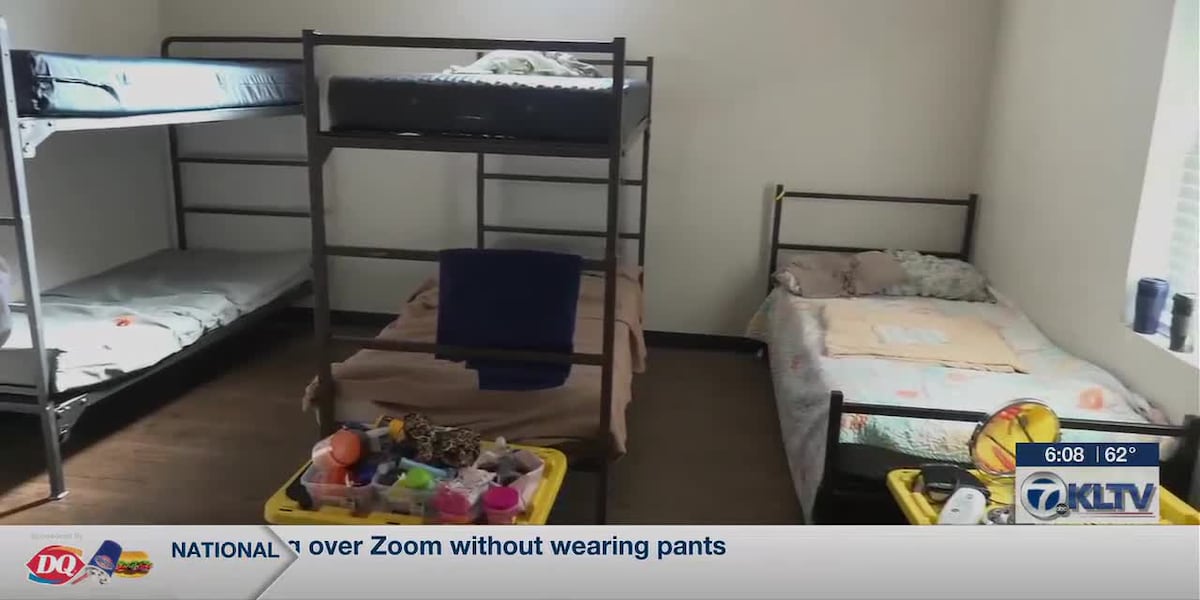



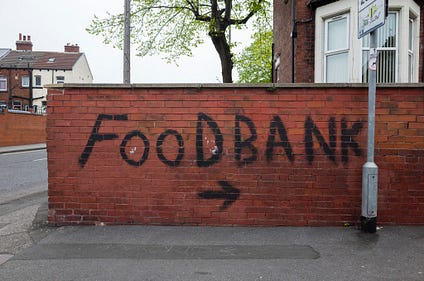

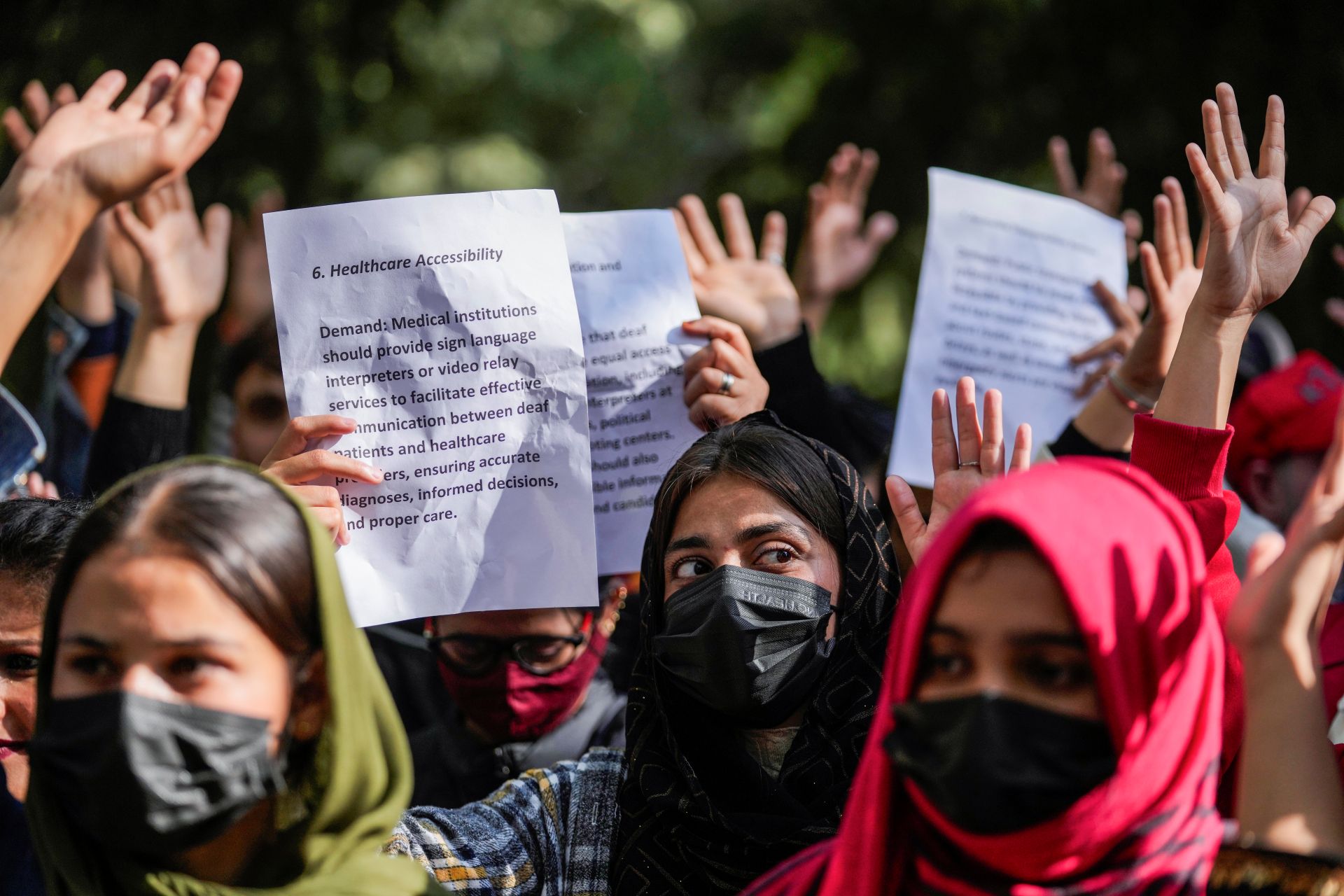













;Resize=805#)







